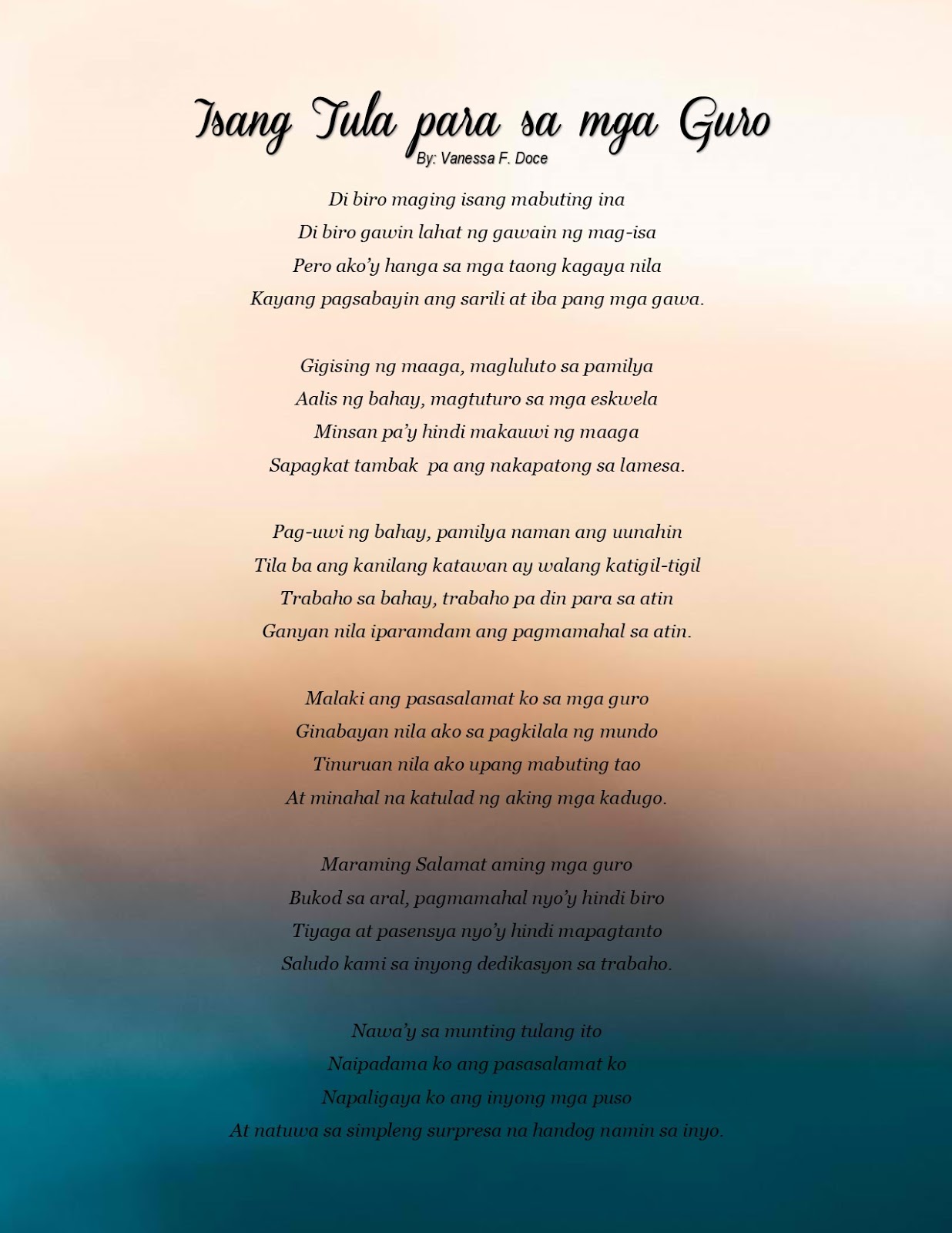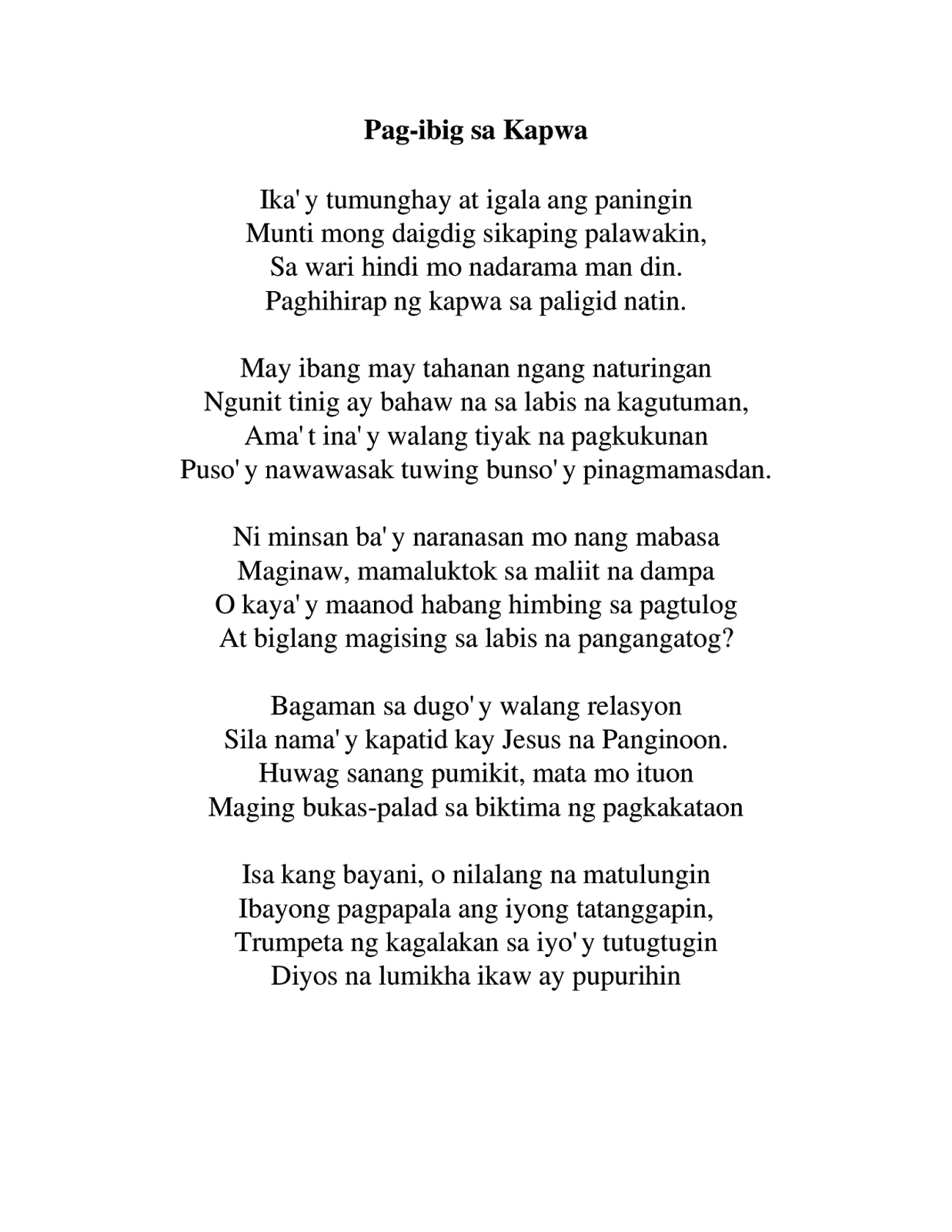Choosing the right title for your poem can feel like a daunting task. It's often the first impression your work makes on potential readers, and it can significantly influence their decision to delve into your verses. A well-crafted title is like a welcoming door, inviting readers into the emotional landscape of your poem.
Think about some of your favorite poems. What role do their titles play in shaping your understanding and appreciation of the poems themselves? Often, a good title offers a glimpse into the poem's themes, tone, or central imagery. It can spark curiosity, evoke emotions, or even set the stage for a particular reading experience.
Throughout literary history, poets have employed a variety of approaches to titling their work. Some opt for titles that directly reflect the poem's content, while others choose more abstract or evocative language. There are no hard and fast rules, but understanding the different possibilities can empower you to make deliberate choices that enhance the impact of your poetry.
Imagine encountering a poem simply titled "Nature." While it might hint at the poem's subject matter, it lacks the specificity and intrigue that a more nuanced title could provide. Now, consider titles like "The Wind's Whisper Through Weeping Willows" or "Ode to a Fallen Leaf." These titles offer a more vivid and evocative preview of the poem's content, piquing the reader's curiosity and drawing them into the world the poet has created.
Ultimately, the process of choosing a title is deeply personal and should reflect your unique voice and artistic vision. However, by exploring different approaches and understanding the elements of effective titles, you can craft titles that not only complement your poems but also elevate them to new heights.
Let's delve into some strategies for crafting compelling titles. One effective approach is to identify the central theme or message of your poem and use it as inspiration. For instance, if your poem explores the complexities of love and loss, consider titles that evoke these emotions, such as "The Lingering Scent of Lilac" or "Echoes of Your Laughter in an Empty Room."
Another approach is to focus on a striking image or metaphor within your poem. This can create an intriguing entry point for readers and leave them wanting to uncover the deeper meaning behind the image. For example, a poem containing the line "Her words were shards of glass" could be titled "Conversations in Broken Glass" or "The Sharp Edges of Silence."
Don't be afraid to experiment with wordplay, alliteration, or even humor in your titles. A clever or unexpected title can pique readers' curiosity and make them more likely to remember your poem. However, it's important to ensure that the title remains relevant to the poem's content and doesn't feel forced or gimmicky.
Remember, the best title for your poem is one that resonates with you and feels true to your artistic vision. Don't be afraid to try out different options and see what works best. You can even solicit feedback from trusted friends or fellow writers to get a fresh perspective.
By investing time and thought into crafting compelling titles, you'll not only enhance the impact of your poems but also increase their visibility and reach. After all, a captivating title is often the first step in connecting with readers and sharing the power of your words.
The curious case of us bank account number verification
Finding faith and community your guide to st ann catholic church roswell ga
Finding faith and community your guide to catholic churches in roseville
title para sa tula - Khao Tick On
title para sa tula - Khao Tick On
title para sa tula - Khao Tick On
title para sa tula - Khao Tick On
title para sa tula - Khao Tick On
title para sa tula - Khao Tick On
title para sa tula - Khao Tick On
title para sa tula - Khao Tick On
title para sa tula - Khao Tick On
title para sa tula - Khao Tick On
title para sa tula - Khao Tick On
title para sa tula - Khao Tick On
title para sa tula - Khao Tick On












